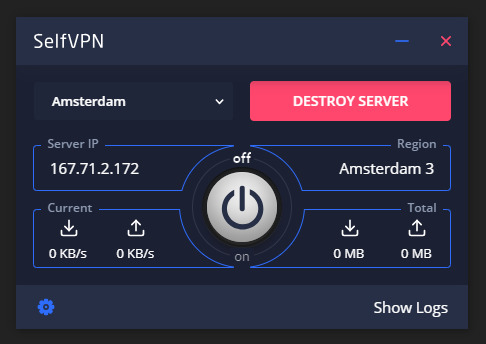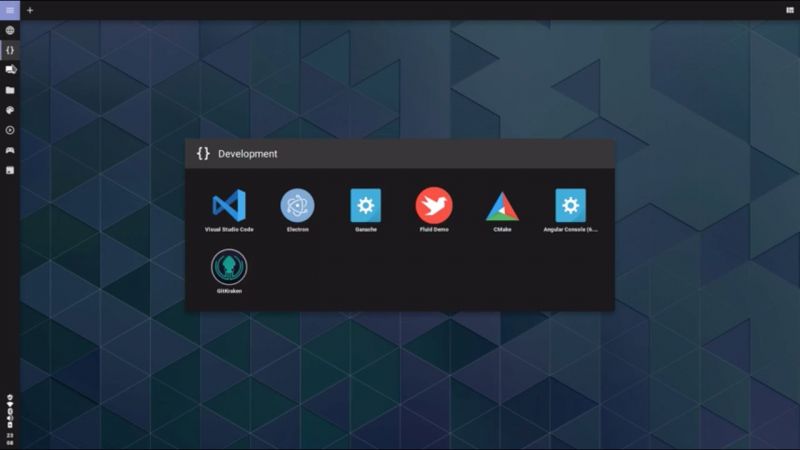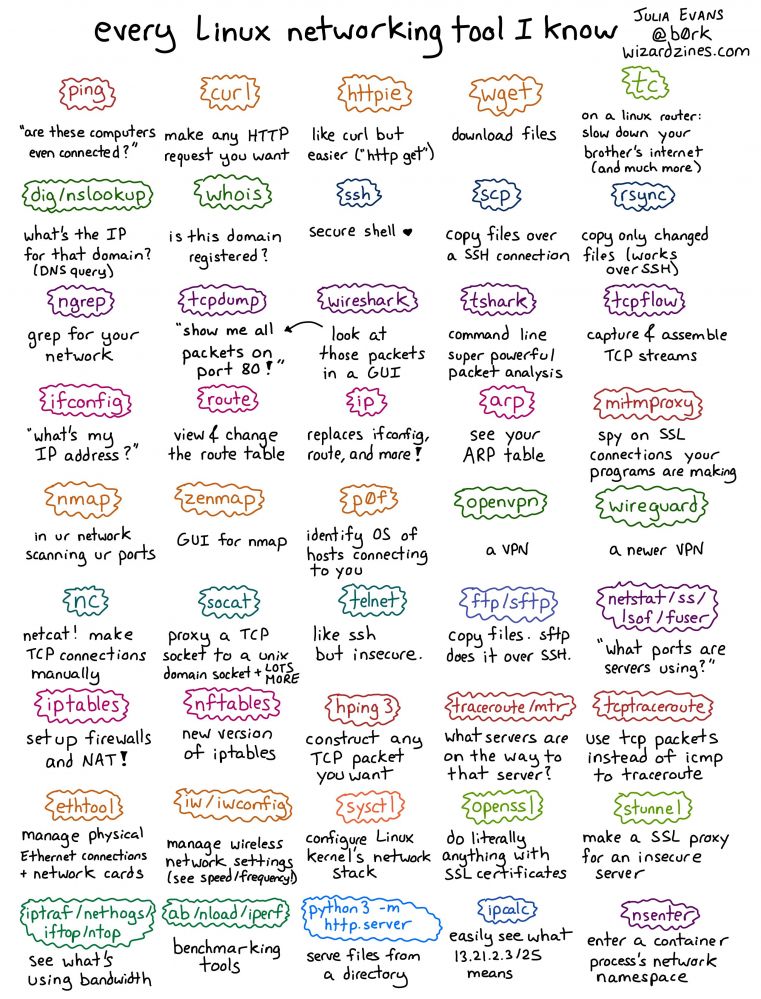Details
Joined devRant on 4/10/2017
Join devRant
Do all the things like
++ or -- rants, post your own rants, comment on others' rants and build your customized dev avatar
Sign Up
Pipeless API

From the creators of devRant, Pipeless lets you power real-time personalized recommendations and activity feeds using a simple API
Learn More
-
POSTMORTEM
"4096 bit ~ 96 hours is what he said.
IDK why, but when he took the challenge, he posted that it'd take 36 hours"
As @cbsa wrote, and nitwhiz wrote "but the statement was that op's i3 did it in 11 hours. So there must be a result already, which can be verified?"
I added time because I was in the middle of a port involving ArbFloat so I could get arbitrary precision. I had a crude desmos graph doing projections on what I'd already factored in order to get an idea of how long it'd take to do larger
bit lengths
@p100sch speculated on the walked back time, and overstating the rig capabilities. Instead I spent a lot of time trying to get it 'just-so'.
Worse, because I had to resort to "Decimal" in python (and am currently experimenting with the same in Julia), both of which are immutable types, the GC was taking > 25% of the cpu time.
Performancewise, the numbers I cited in the actual thread, as of this time:
largest product factored was 32bit, 1855526741 * 2163967087, took 1116.111s in python.
Julia build used a slightly different method, & managed to factor a 27 bit number, 103147223 * 88789957 in 20.9s,
but this wasn't typical.
What surprised me was the variability. One bit length could take 100s or a couple thousand seconds even, and a product that was 1-2 bits longer could return a result in under a minute, sometimes in seconds.
This started cropping up, ironically, right after I posted the thread, whats a man to do?
So I started trying a bunch of things, some of which worked. Shameless as I am, I accepted the challenge. Things weren't perfect but it was going well enough. At that point I hadn't slept in 30~ hours so when I thought I had it I let it run and went to bed. 5 AM comes, I check the program. Still calculating, and way overshot. Fuuuuuuccc...
So here we are now and it's say to safe the worlds not gonna burn if I explain it seeing as it doesn't work, or at least only some of the time.
Others people, much smarter than me, mentioned it may be a means of finding more secure pairs, and maybe so, I'm not familiar enough to know.
For everyone that followed, commented, those who contributed, even the doubters who kept a sanity check on this without whom this would have been an even bigger embarassement, and the people with their pins and tactical dots, thanks.
So here it is.
A few assumptions first.
Assuming p = the product,
a = some prime,
b = another prime,
and r = a/b (where a is smaller than b)
w = 1/sqrt(p)
(also experimented with w = 1/sqrt(p)*2 but I kept overshooting my a very small margin)
x = a/p
y = b/p
1. for every two numbers, there is a ratio (r) that you can search for among the decimals, starting at 1.0, counting down. You can use this to find the original factors e.x. p*r=n, p/n=m (assuming the product has only two factors), instead of having to do a sieve.
2. You don't need the first number you find to be the precise value of a factor (we're doing floating point math), a large subset of decimal values for the value of a or b will naturally 'fall' into the value of a (or b) + some fractional number, which is lost. Some of you will object, "But if thats wrong, your result will be wrong!" but hear me out.
3. You round for the first factor 'found', and from there, you take the result and do p/a to get b. If 'a' is actually a factor of p, then mod(b, 1) == 0, and then naturally, a*b SHOULD equal p.
If not, you throw out both numbers, rinse and repeat.
Now I knew this this could be faster. Realized the finer the representation, the less important the fractional digits further right in the number were, it was just a matter of how much precision I could AFFORD to lose and still get an accurate result for r*p=a.
Fast forward, lot of experimentation, was hitting a lot of worst case time complexities, where the most significant digits had a bunch of zeroes in front of them so starting at 1.0 was a no go in many situations. Started looking and realized
I didn't NEED the ratio of a/b, I just needed the ratio of a to p.
Intuitively it made sense, but starting at 1.0 was blowing up the calculation time, and this made it so much worse.
I realized if I could start at r=1/sqrt(p) instead, and that because of certain properties, the fractional result of this, r, would ALWAYS be 1. close to one of the factors fractional value of n/p, and 2. it looked like it was guaranteed that r=1/sqrt(p) would ALWAYS be less than at least one of the primes, putting a bound on worst case.
The final result in executable pseudo code (python lol) looks something like the above variables plus
while w >= 0.0:
if (p / round(w*p)) % 1 == 0:
x = round(w*p)
y = p / round(w*p)
if x*y == p:
print("factors found!")
print(x)
print(y)
break
w = w + i
Still working but if anyone sees obvious problems I'd LOVE to hear about it.36 -
!rant
After over 20 years as a Software Engineer, Architect, and Manager, I want to pass along some unsolicited advice to junior developers either because I grew through it, or I've had to deal with developers who behaved poorly:
1) Your ego will hurt you FAR more than your junior coding skills. Nobody expects you to be the best early in your career, so don't act like you are.
2) Working independently is a must. It's okay to ask questions, but ask sparingly. Remember, mid and senior level guys need to focus just as much as you do, so before interrupting them, exhaust your resources (Google, Stack Overflow, books, etc..)
3) Working code != good code. You are an author. Write your code so that it can be read. Accept criticism that may seem trivial such as renaming a variable or method. If someone is suggesting it, it's because they didn't know what it did without further investigation.
4) Ask for peer reviews and LISTEN to the critique. Even after 20+ years, I send my code to more junior developers and often get good corrections sent back. (remember the ego thing from tip #1?) Even if they have no critiques for me, sometimes they will see a technique I used and learn from that. Peer reviews are win-win-win.
5) When in doubt, do NOT BS your way out. Refer to someone who knows, or offer to get back to them. Often times, persons other than engineers will take what you said as gospel. If that later turns out to be wrong, a bunch of people will have to get involved to clean up the expectations.
6) Slow down in order to speed up. Always start a task by thinking about the very high level use cases, then slowly work through your logic to achieve that. Rushing to complete, even for senior engineers, usually means less-than-ideal code that somebody will have to maintain.
7) Write documentation, always! Even if your company doesn't take documentation seriously, other engineers will remember how well documented your code is, and they will appreciate you for it/think of you next time that sweet job opens up.
8) Good code is important, but good impressions are better. I have code that is the most embarrassing crap ever still in production to this day. People don't think of me as "that shitty developer who wrote that ugly ass code that one time a decade ago," They think of me as "that developer who was fun to work with and busted his ass." Because of that, I've never been unemployed for more than a day. It's critical to have a good network and good references.
9) Don't shy away from the unknown. It's easy to hope somebody else picks up that task that you don't understand, but you wont learn it if they do. The daunting, unknown tasks are the most rewarding to complete (and trust me, other devs will notice.)
10) Learning is up to you. I can't tell you the number of engineers I passed on hiring because their answer to what they know about PHP7 was: "Nothing. I haven't learned it yet because my current company is still using PHP5." This is YOUR craft. It's not up to your employer to keep you relevant in the job market, it's up to YOU. You don't always need to be a pro at the latest and greatest, but at least read the changelog. Stay abreast of current technology, security threats, etc...
These are just a few quick tips from my experience. Others may chime in with theirs, and some may dispute mine. I wish you all fruitful careers!227 -
7/4/2018
I can never read this date properly
Is this 7th april
Or is this 4th july????
Fuck your american date format38 -
Today I discovered by myself that...
...in a shell...
...when entering a password (e.g. ssh)...
...and you make a typo... 🤦♂️
...you don't need to smack that backspace key like a maniac! You can just use the clear line shortcut: control+U (^U). This clears all input to the left of your cursor and this also works for passwords.26 -
I started a nee personal project few weeks ago. I named it SelfVPN. Its simply a VPN client that lets you create DigitalOcean droplets and install vpn server without opening DigitalOcean panel. You just need to add your api key in application.
It takes like 5 min to create new server and deploy vpn server. So I am paying hourly usage of vpn! Even if I don't destroy droplet it wont cost more than 5$ a month.
I am thinking to open source it. But code is too messy 😅 Here is the first look of it 26
26 -
I just moved to linux from windows . Now I regret
.
.
.
.
.
.
.
.
.
.
.
.
I should have moved earlier ;_;19 -
Laides and Gentelmen! It my pleasure to present to you the next level in the Linux desktop! MATERIAL SHELL!!!
https://github.com/PapyElGringo/...
Demo video: https://i.imgur.com/2UVZTnk.mp4 25
25 -
29-year veteran here. Began programming professionally in 1990, writing BASIC applications for an 8-bit Apple II+ computer. Learned Pascal, C, Clipper, COBOL. Ironic side-story: back then, my university colleagues and I used to make fun of old COBOL programmers. Fortunately, I never had to actually work with the language, but the knowledge allowed me to qualify for a decent job position, back in '92.
For a while, I worked with an IBM mainframe, using REXX and EXEC2 scripting languages for the VM/SP operating system. Then I began programming for the web, wrote my first dynamic web applications with cgi-bin shell and Perl scripts. Used the little-known IBM Net.Data scripting language. I finally learned PHP and settled with it for many, many years.
I always wanted to be a programmer. As a kid I dreamed of being like Kevin Flynn, of TRON - create world famous videogames and live upstairs my own arcade place! Later on, at some point, I was disappointed, I questioned my skills, I thought I should do more, I let other people's expectations make feel bad. Then I finally realized I actually enjoy a quieter, simpler life. And I made peace with it.
I'm now like the old programmers I used to mock 30 years ago. There's so much shit inside my brain. And everything seems so damn complex these days. Frameworks, package managers, transpilers, layers and more layers of code. I try to keep up. And the more I learn, the more it seems I don't know.
Sometimes I feel tired. Yet, I still enjoy creating things and solving problems with programming. I still have fun learning. And after all these years, I learned to be proud of my work, even if it didn't turn out to be as glamorous as in the movies.30 -
So... an Italian government website published sensitive data of thousand of citizens, because they thought that it was enough to turn white the text color in order to anonymize the sensitive content of the files. Italy, 2019.
Source (in Italian):
https://wired.it/internet/regole/...6 -
Here’s a poster with a super short description of each one to help you keep track and find some new useful Linux tools.
 16
16 -
Someone Asks me : "Will programmers be needed in the future if AI is already created code?"
Your question clearly tells one thing; you have no idea what programing is about and how it is done.
For starters, software already writes code. In every major codebase there are lots of files with auto-generated code. Auto-generated code is something a program have written to provide interface to a service for the rest of the codebase. So code already writes code - if the purpose of the code is clearly defined.
The problem is that users rarely know what they actually want, and even if they know it, they are rarely capable of creating a clear enough specification of what they want. 13
13 -
!rant/!story/!question
So, I've been developing a little Chrome Extention for people who usually searches quite a lot on Wiki and Wiktionary.
I mainly developed it for my own laziness to open a new tab and search for a term.
What it does is, when you select a word and triggers the extension, it will show a little dialog with Wikipedia and Wiktionary definitions for the selection.
If anyone is curious or interested in the idea, would be helpful to receive some feedback.
(sorry for the logo on the image, it's the only one that I have here, at the moment.)
https://chrome.google.com/webstore/... 9
9 -
Nowadays......¯\_(ツ)_/¯
 joke/meme programming vue webdevelopment javascript coding devrant typescript angular rant npm react21
joke/meme programming vue webdevelopment javascript coding devrant typescript angular rant npm react21
















